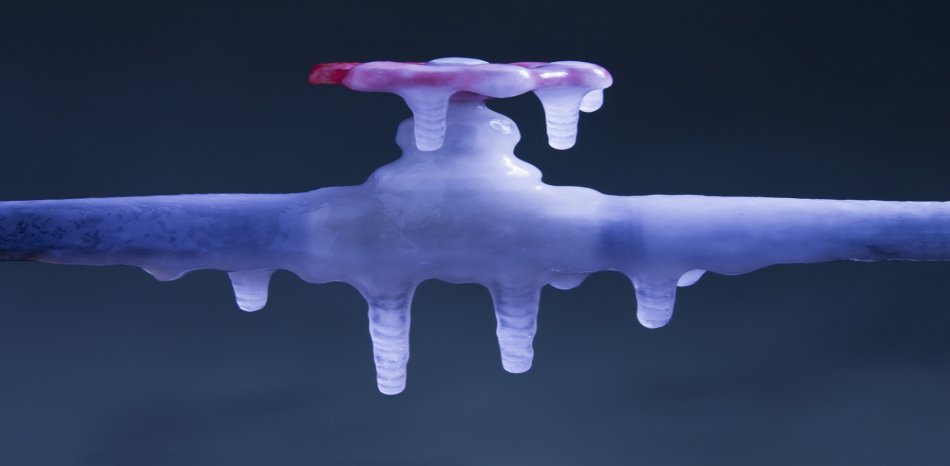The storm has hit, and if you made the mistake of not getting your home prepared for extreme winter conditions here in Whatcom County, here’s some advice on how to prevent or deal with current problems at hand!

How to prevent or deal with frozen pipes:
Make sure to disconnect and drain any garden hoses, turn off all water to outside faucets, cover them with insulating foam covers and open the valve to allow them to drain. We also suggest insulating exposed pipes under your home with foam pipe insulation and using a heat lamp or portable space heater to thaw any frozen pipes that have not burst. It’s also important to drip hot and cold faucets in your kitchen and bathrooms, and check on the pipes to your washing machine. After the weather returns above freezing and the frozen pipes thaw, turn off your dripping faucets and monitor the water meter for any leaks.
How to keep your home warm:
Keep your drapes and blinds closed except those windows in the direct sunlight. If possible, put up storm windows and cover or remove any window air conditioners to prevent heat from escaping or the cold entering. It may also be beneficial to repair or replace your weather stripping and thresholds around the doors and windows and maybe even put draft snakes on the window sills, between window frames, and against doors. Lastly, if you use propane or fuel oil to heat your home, make sure the tank is full, and if you heat with wood or coal, have plenty on hand!
How to care for and protect the outside of your home:
Take the time to care for your outdoor plants. Gently sweep snow off the plant or shrub in an upward motion, add mulch and cover to prevent frost damage. You can remove the covering when the temperature warms above freezing again. Tend to your driveway, but make sure not to overdo it when using a snow shovel. The best options are to use rock salt, sand, or clay based cat litter to cover your walks and drives, but take note that salt can damage grass and other plants. We also recommend staying off the roof during freezing weather and waiting for the ice and snow to melt before inspecting for damage.
The most important thing is to stay safe and prepare the best you can during extreme winter conditions! Stock up on nonperishable food and water in case the storm lasts longer than expected. Check to make sure your car has gas, cell phones are charged, and you have flashlights and batteries on hand in case the power goes out. In case of emergencies, check that your smoke and carbon monoxide alarms are working with fresh batteries and make sure to have a working fire extinguisher on hand.
Stay safe out there and enjoy the snow!
Information courtesy of Today’s Homeowner. Follow the link to read the full article: How to Protect Your Home During Extreme Cold Weather





